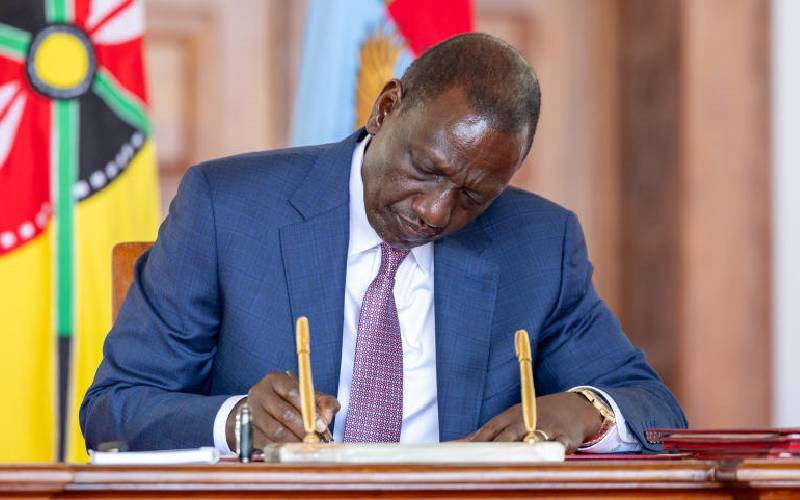×
The Standard e-Paper
Fearless, Trusted News

The President's recent visits abroad to woo investors and bring the much-needed financial resources to Kenya are welcome.
It is the responsibility of every visionary leader to place the country in the international market as a reliable centre of investments. However, economic growth, while it is pivot of prosperity, cannot be realised without enabling governance environment.